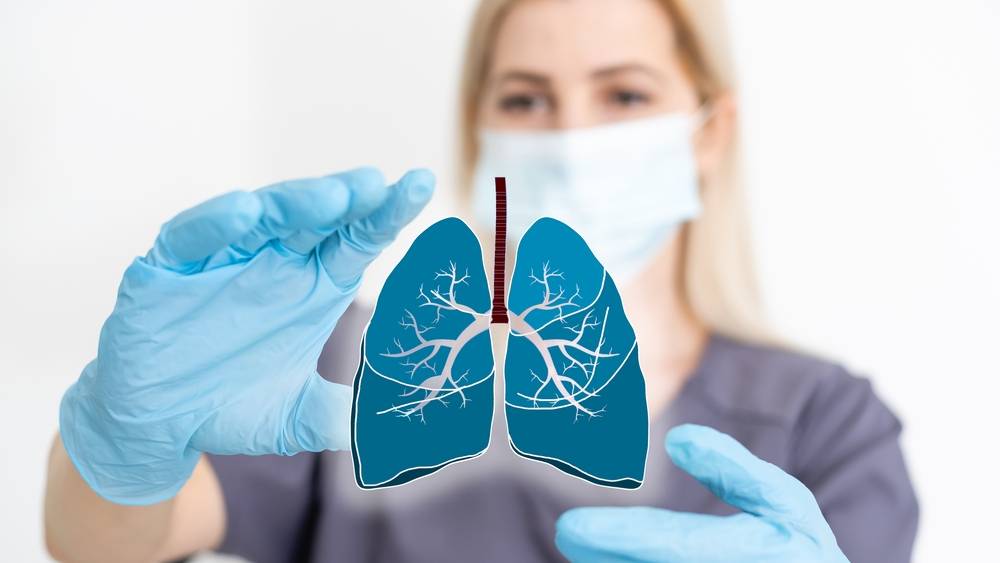Respiratory infections, including pneumonia, are significant health concerns affecting millions worldwide. These infections can range from mild colds to severe pneumonia, which can be life-threatening. Understanding prevention and treatment strategies is crucial for maintaining respiratory health. This blog delves into the prevention and treatment of pneumonia and other respiratory infections, providing practical advice and insights.
Understanding Respiratory Infections
Respiratory infections are illnesses that affect the parts of the body involved in breathing, such as the sinuses, throat, airways, and lungs. They are typically caused by viruses, bacteria, or fungi. Common respiratory infections include:
- Common Cold: Usually caused by rhinoviruses, it affects the nose and throat.
- Influenza (Flu): A viral infection that affects the nose, throat, and lungs, causing more severe symptoms than the common cold.
- Bronchitis: Inflammation of the bronchial tubes, often following a cold or flu.
- Pneumonia: Infection of the lungs that can be caused by bacteria, viruses, or fungi, leading to severe illness and even death in some cases.
Prevention of Respiratory Infections
Prevention is the best defense against respiratory infections. Here are several strategies to minimize your risk:
1. Vaccination
- Flu Vaccine: Annual vaccination against influenza is highly recommended, especially for vulnerable populations like the elderly, young children, and those with chronic illnesses.
- Pneumococcal Vaccine: This vaccine helps protect against pneumonia, meningitis, and bloodstream infections caused by the pneumococcus bacteria. It's recommended for children, adults over 65, and people with certain health conditions.
2. Good Hygiene Practices
- Hand Washing: Regular and thorough hand washing with soap and water is crucial in preventing the spread of infectious agents.
- Hand Sanitizer: Use an alcohol-based hand sanitizer if soap and water are unavailable.
- Avoid Touching Face: Refrain from touching your face, especially your eyes, nose, and mouth, to prevent the transfer of germs.
3. Healthy Lifestyle Choices
- Balanced Diet: Eating a diet rich in fruits, vegetables, and whole grains can boost your immune system.
- Regular Exercise: Physical activity helps maintain a strong immune system.
- Adequate Sleep: Ensure you get sufficient sleep to support overall health and immune function.
4. Environmental Measures
- Clean Surfaces: Regularly disinfect commonly touched surfaces like doorknobs, light switches, and mobile devices.
- Air Quality: Maintain good indoor air quality by using air purifiers and ensuring proper ventilation.
Recognizing and Treating Respiratory Infections
Early recognition and appropriate treatment of respiratory infections can prevent complications and promote faster recovery.
1. Common Cold and Influenza
- Symptoms: Runny or stuffy nose, sore throat, cough, congestion, slight body aches, sneezing, low-grade fever (cold), high fever, chills, severe body aches, and fatigue (flu).
- Treatment:
- 1. Rest and hydration are essential.
- 2. Over-the-counter medications can alleviate symptoms (e.g., decongestants, pain relievers).
- 3. Antiviral medications for the flu, prescribed by a doctor, can reduce the severity and duration if taken early.
2. Bronchitis
- Symptoms: Persistent cough, production of mucus, fatigue, shortness of breath, slight fever and chills, and chest discomfort.
- Treatment:
- 1. Rest and fluids are vital.
- 2. Cough suppressants and pain relievers can help manage symptoms.
- 3. In some cases, antibiotics may be necessary if a bacterial infection is suspected.
3. Pneumonia
- Symptoms: Chest pain when breathing or coughing, confusion or changes in mental awareness (in adults 65 and older), cough with phlegm, fatigue, fever, sweating and shaking chills, lower-than-normal body temperature (in older adults and people with weak immune systems), nausea, vomiting, or diarrhea, and shortness of breath.
- Treatment:
- 1. Antibiotics: For bacterial pneumonia.
- 2. Antiviral Medications: For viral pneumonia.
- 3. Antifungal Treatment: For fungal pneumonia.
- 4. Hospitalization: In severe cases, hospitalization may be required to provide oxygen therapy, intravenous antibiotics, and breathing treatments.
When to Seek Medical Attention
While many respiratory infections can be managed at home, certain symptoms require prompt medical attention:
- Difficulty Breathing:Severe shortness of breath or trouble breathing.
- Persistent High Fever: Fever lasting more than three days.
- Chest Pain: Especially when breathing or coughing.
- Confusion or Drowsiness: Sudden onset of confusion or excessive sleepiness.
- Persistent Symptoms: Symptoms that worsen or do not improve with time and basic care.
Conclusion
Respiratory infections, including pneumonia, can range from mild to severe and are a significant health concern. Preventative measures like vaccinations, good hygiene, and healthy lifestyle choices are crucial in reducing the risk of these infections. Recognizing symptoms early and seeking appropriate treatment can prevent complications and lead to better outcomes. By staying informed and proactive, you can protect yourself and others from the impact of respiratory infections.
